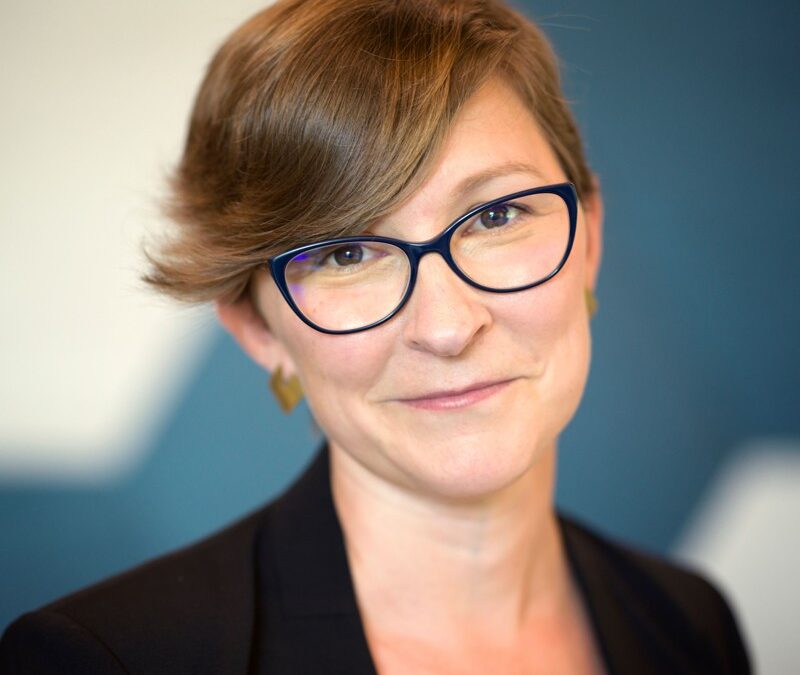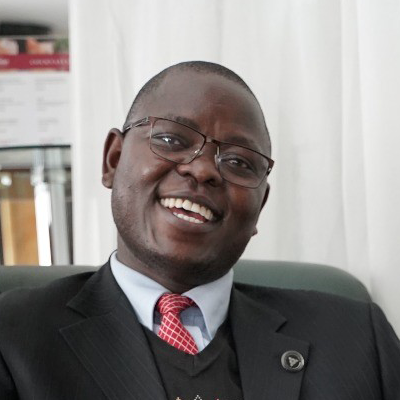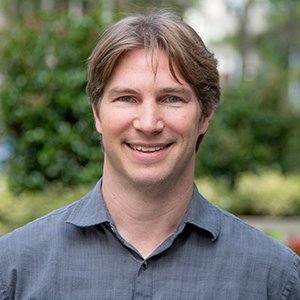
Open Letter to the Building Industry’s Boomers, Juniors, and Everyone in Between
by Alexis Feitel
Ingénieurs et constructeurs KL&A
I am a Millennial, born and raised in Denver, Colorado. I was born just after the launch of the Hubble Space Telescope. I was 10 years old during 9/11, 14 during Hurricane Katrina, entered the industry as a structural engineer the same time as the first Paris Climate Accord, 29 the summer that ash reigned down from the largest wildfires in Colorado history, and I will be turning 60 in 2050, a year we will all be looking the result of our collective climate (in)action square in the face. I will be nearing retirement, while children born now—my generation’s children—will be just 30 years old.
The life-alternating, pain-inflicting, catastrophic results of climate inaction are not a hypothetical scenario for my generation. The climate crisis is a literal, existential threat that will be confronted during the lifetimes of Generation Z and Generation Alpha. Climate change and environmental degradation are our reality, setting the context for our decisions ranging from where we purchase goods to whether we will have children. Our active participation in climate solutions is as important for our sanity as it is for stabilizing global temperature. Relegated to scrutinizing our individual carbon impact is not an effective use of our resources and imagination, nor will it be a solution. Each of us needs to leverage our professional expertise and personal passions to discover the most streamlined and purposeful approaches to effective, timely, and at-scale climate solutions.
Cultural Shift
Behavior change is the most challenging aspect of addressing environmental, social, and economic reform. It requires both individual and collective attitude adjustments, a realignment of priorities, and a new style of leadership. Buildings are responsible for 40% of global greenhouse gas emissions. We as an industry must reimagine our definition of success and quality. If we already had it nailed, would we have a carbon impact to reduce? Would we have an affordable housing crisis to address? Would we have failing infrastructure to upgrade? Are we even solving the right problems, or are we perpetuating a system and standard of practice that are clearly inadequate? If you have uttered the words “because that’s the way we’ve always done it,” then frankly, you are not our leader.
Leadership and authority are not the same thing. Leadership does not require experience, nor does it require authority. And experience does not guarantee leadership. But how powerful a combination: leadership and authority—the ability to influence and the power to enforce.
Generational Change
A crucial behavior shift is to recognize that young professionals are our leaders. We have the appetite and time in front of us to build careers and expertise around our imagination, curiosity, and progressive tendencies. We’ve been dreaming of a better world and have a vision for change. We embrace a socio-technical role, expanding our professional responsibilities to better serve our natural world and humanity. We are not yet confined by conventional behaviors and scopes of work and can lean into our inclinations for transformation. Innovation is waiting behind someone else’s rules: we have the freedom to say “yes” when the industry has said “no.”
Millennials are now transitioning into positions of authority. I believe my generation will fundamentally shift the trajectory of business success, but Generation Z and Alpha will be the ones to develop and implement the solutions to save us. The problem is, we don’t have two generations to spare. Climate disaster and climate justice are today’s problems to solve.
Key to Mobilization
My advice and plea to current leaders and authority figures: Empower young professionals to visualize an opportunity within your company. Then allow them to renew and modernize your business model so you can be an agent for change. I have been fortunate to advance in my career at KL&A, a firm with a progressive history. While there, three mentors greatly affected the trajectory of my career and professional purpose. It started with an epiphany from our CEO, which then became an organizational objective: take ownership of and reduce the embodied carbon of our building projects. The company gave me the opportunity to educate myself and actively engage in and develop climate solutions through my job—a profound opportunity that I knew may not come around again. Together, we created KL&A Team Carbon. The more I learned, the more I felt compelled to dedicate my creativity and energy to evolve and expand the business practice of structural engineering consulting to significantly and urgently reduce our hefty impact.
Prior to Team Carbon I did not see how I could personally contribute. Recycling, thrifting, and oat-milking my way through my millennial existence was never satisfying. In fact, it felt quite the opposite: frustrating, disheartening, and passive. Three years later, my perspective is flipped on its head. I have the power to change the world, and my path is through my industry, my profession, my company and our Team Carbon, and through the space that was created by those who had the authority to do so. What became clear to me through developing Team Carbon and our product is that a direct partnership between young professionals and those in power is key to mobilization. The combination of wisdom and fearlessness, confidence and tenacity, groundedness and imagination, history and relevancy, authority and leadership, is a winner.
Nurture the Leaders We Need
Current leaders and authority figures must actively create space by dedicating resources: time, money, and mentorship. Here’s my advice: Actively support the permeation of young leadership and climate solutions into all aspects of your business model, projects, client strategies, and best practices. Teach us how to navigate the systems and business dynamics of the industry. Teach us what motivates our trusted clients, partners, and supply chains. Help us build consensus and collaboration throughout the industry to fundamentally transform how, why, and for whom buildings are designed and (de)constructed.
This is not a passion project or accessory committee to keep your juniors happy and improve your recruiting. It is most definitely not an after-hours endeavor. Treat it as the behavior, expertise, service, and product your company requires. Treat it with the respect and urgency it deserves. Once we have legs, let us run. You are the support system, not the mastermind.
This is the Future
I often receive skeptical responses about steel deconstruction, salvage, and stockpiling projects that Team Carbon is involved in from talented colleagues in the industry. In theory, they say, they support projects like these, but they are too hard, too complex, too difficult to manage, outside the scope of traditional structural engineers. Is it impossible? Or are we not allowing ourselves to imagine something different? Is it more expensive? Or is our definition of cost too narrow? Is it too complex and too hard? Or have our brilliant minds put a wall between what we are supposed to do and what is possible? The behavior changes essential for us to engage in new processes are more challenging than the technical solutions required.
Allow and welcome new perspectives and transformative practices. Not everything will be a success, but business as usual is not the answer. Own the impact of your profession. Your business’s relevancy depends on it. Don’t wait until consumer demand and policy forces your hand. This is the future, defined by Millennials, Gen Z, and Gen Alpha. The future is optimistic, regenerative, and just. Adapt or succumb.
We don’t want to survive; we want to thrive.
Thank you to Bob Redwine, Greg Kingsley, and Robbie Camann for being my sounding board, source of wisdom, and creating the space for new possibilities. I am forever empowered. Thank you to all the professionals who have spent their careers shouting from the mountain tops. Thank you for laying the foundation for a better future. — Alexis Feitel
“A crucial behavior shift is to recognize that young professionals are our leaders. We have the appetite and time in front of us to build careers and expertise around our imagination, curiosity, and progressive tendencies. We’ve been dreaming of a better world and have a vision for change…We are not yet confined by conventional behaviors and scopes of work and can lean into our inclinations for transformation.”

Alexis Feitel
Alexis Feitel works for Ingénieurs et constructeurs KL&A in Denver as a Licensed Professional Engineer with nearly 10 years of structural consulting experience. Alexis is director of KL&A’s Team Carbon, an in-house team that concentrates expertise to integrate embodied carbon reduction strategies, quantification, and implementation into current design and (de)construction practice at KL&A. Team Carbon is a signatory to the SE2050 Challenge, targeting net zero embodied carbon by 2050.






